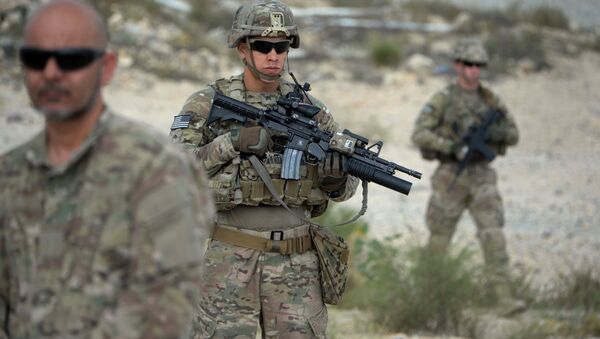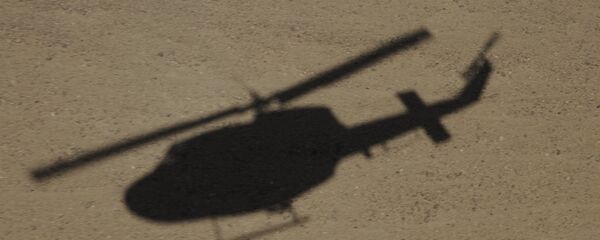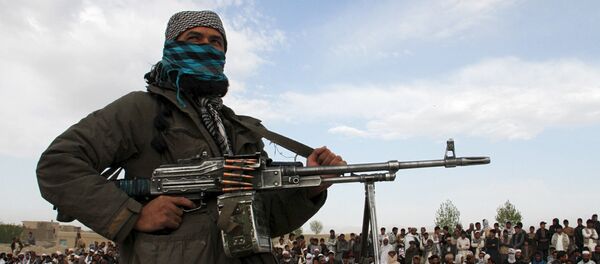Some parliamentarians from the House of the People of the Islamic Republic of Afghanistan have proposed severing diplomatic relations with Pakistan, accusing it of involvement in the murder of one of the most influential Afghan security officials, the head of the Kandahar police, General Abdul Razeq.
Speaking to Sputnik Afghanistan, Mohammad Iqbal Safi, the head of the Internal Security Commission of the Afghan parliament, suggested that Pakistan had been involved in terrorist attacks in the country and the removal of prominent political and military figures.
"Pakistan poses a constant threat to Afghanistan," Safi said. "Recently, several influential Afghanis were killed. We understand that the severance of diplomatic relations with Pakistan will cause certain difficulties."
Commenting on whether this move will affect Afghan-Pakistani economic relations, Safi elaborated that Kabul is no longer dependent on Pakistani transit routes.
"At present, we use various routes, that is, we do not depend on Pakistani transit as it was before," the parliamentarian said. "Now the roads of Tajikistan, Turkmenistan and Kyrgyzstan are open for us; through them we get necessary goods. Of course, there will be difficulties, but we will overcome them."
For his part, Ahmad Saeedi, a political analyst and former Afghan diplomat in Pakistan, presumed that the US would not let Kabul break off diplomatic relations with Islamabad.
"Countries that do not have economic autonomy cannot be politically independent," Saeedi opined. "Afghanistan's foreign and domestic policies are controlled by the United States. They will not allow Afghanistan to sever relations with Pakistan."
Citing Afghan officials, Reuters reported that the death of the general had dealt a severe blow to the country's government ahead of parliamentary elections.
"General Razeq's death will have a huge impact on security and the election in the south because a lot of voters may not feel safe to go to vote," an unnamed senior security official told the media outlet, commenting on the assault.
The Taliban claimed responsibility for the attack, saying that they had targeted both Miller and Razeq.
Since the US invasion of Afghanistan in 2001, Washington and its NATO allies have maintained a military presence in the region. The NATO-led Operation Resolute Support, a mission to train, advise and assist, was launched on January 1, 2015. Currently, over 16,000 personnel from 39 NATO member states and partner countries are deployed in the Central Asian region in support of the mission.
The views and opinions expressed by the speakers do not necessarily reflect those of Sputnik.




